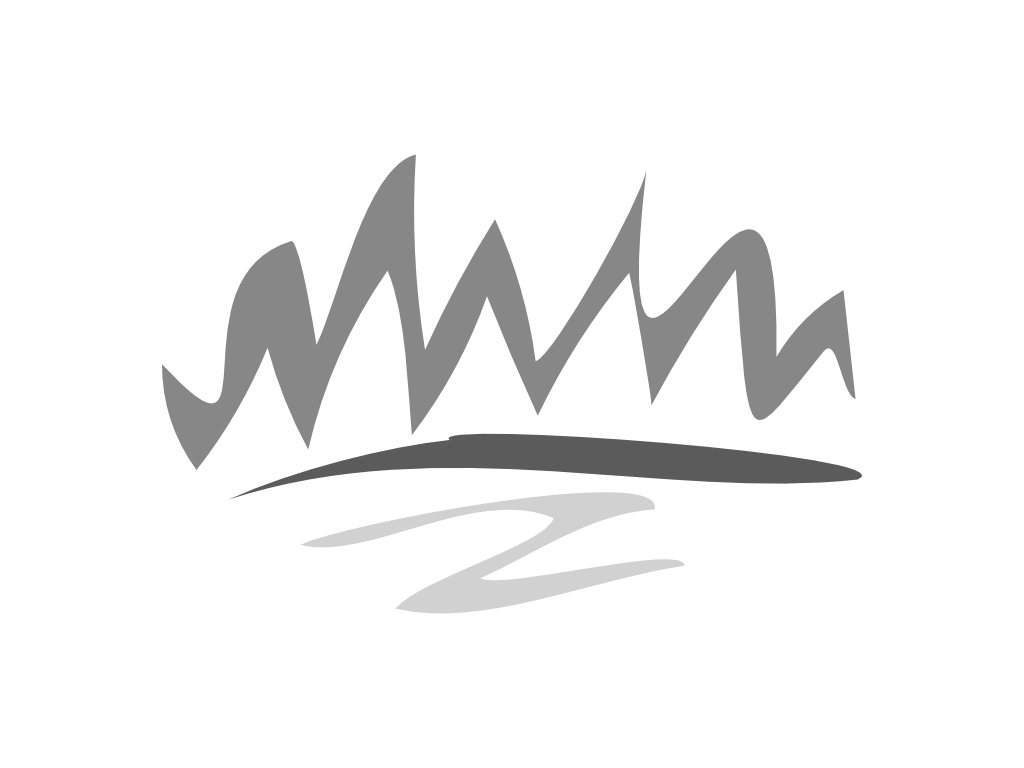
Elk Creek Harvesting Found Reasonable
VICTORIA –Ministry approval of logging in Elk Creek, east of Chilliwack, was reasonable under the circumstances and the forest company exceeded the requirements of forest practices legislation for protecting rare species, the Forest Practices Board reported today.
The board investigated a November 2003 complaint by the Chilliwack Field Naturalists about proposed logging by Cattermole Timber Company (the licensee) on Elk-Thurston Mountain.
The complainant alleged that the Ministry of Forests did not adequately consider the impact of the logging proposal on rare species and old-growth ecosystems. The complainant also claimed that required information on the location of helicopter drop areas was missing from the proposal.
“Logging activities can impact species at risk,” said board vice-chair Geoff Battersby. “In this case, the investigation determined that both the ministry and the licensee went beyond legal requirements, and adopted voluntary measures to limit the impact of logging on rare species in the area.”
All parties recognize there are rare species in the logging area, such as Pacific giant salamander and mountain beaver, which are sensitive to forest practices. However, the provincial government did not designate any wildlife habitat areas to protect these species, so the licensee was not legally required to modify its logging plans to accommodate them.
“In the absence of wildlife habitat areas designated by government in the relevant cutblocks, and given the voluntary measures taken, we found that the approval of the logging proposal was a reasonable decision,” said Battersby.
The investigation also concluded that the helicopter drop areas were on private land and not located on water, so the licensee was not required to identify them in its logging plan.
The Forest Practices Board is an independent public watchdog that reports to the public about compliance with the Forest and Range Practices Act (FRPA) and the achievement of its intent. The board’s main roles under FRPA are:
-30-
Erik Kaye
Communications
Forest Practices Board
Phone: 250-356-1586 or 1-800-994-5899
